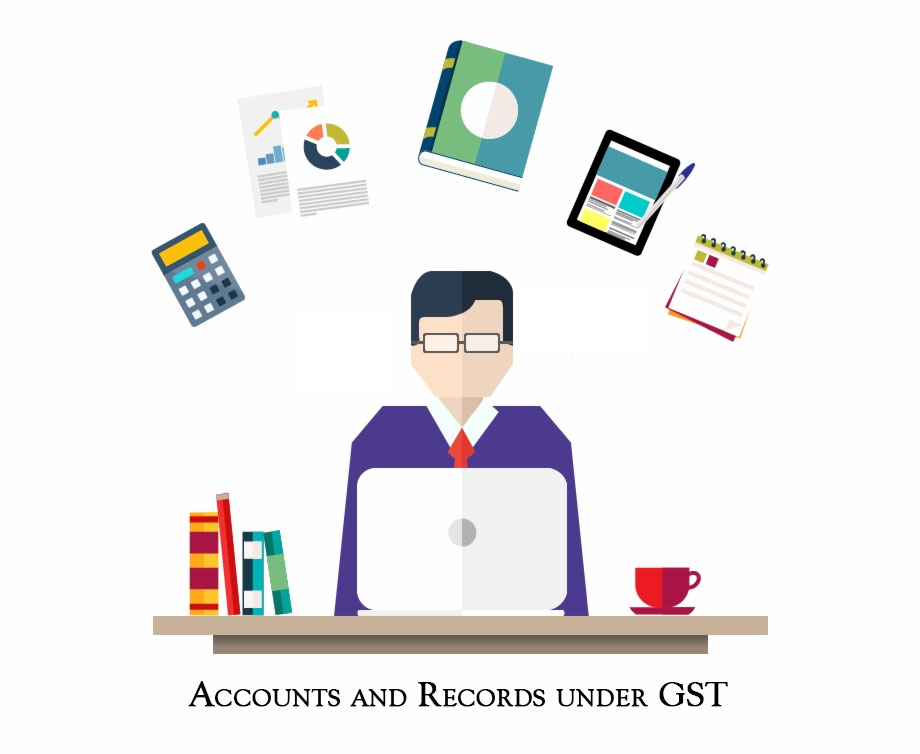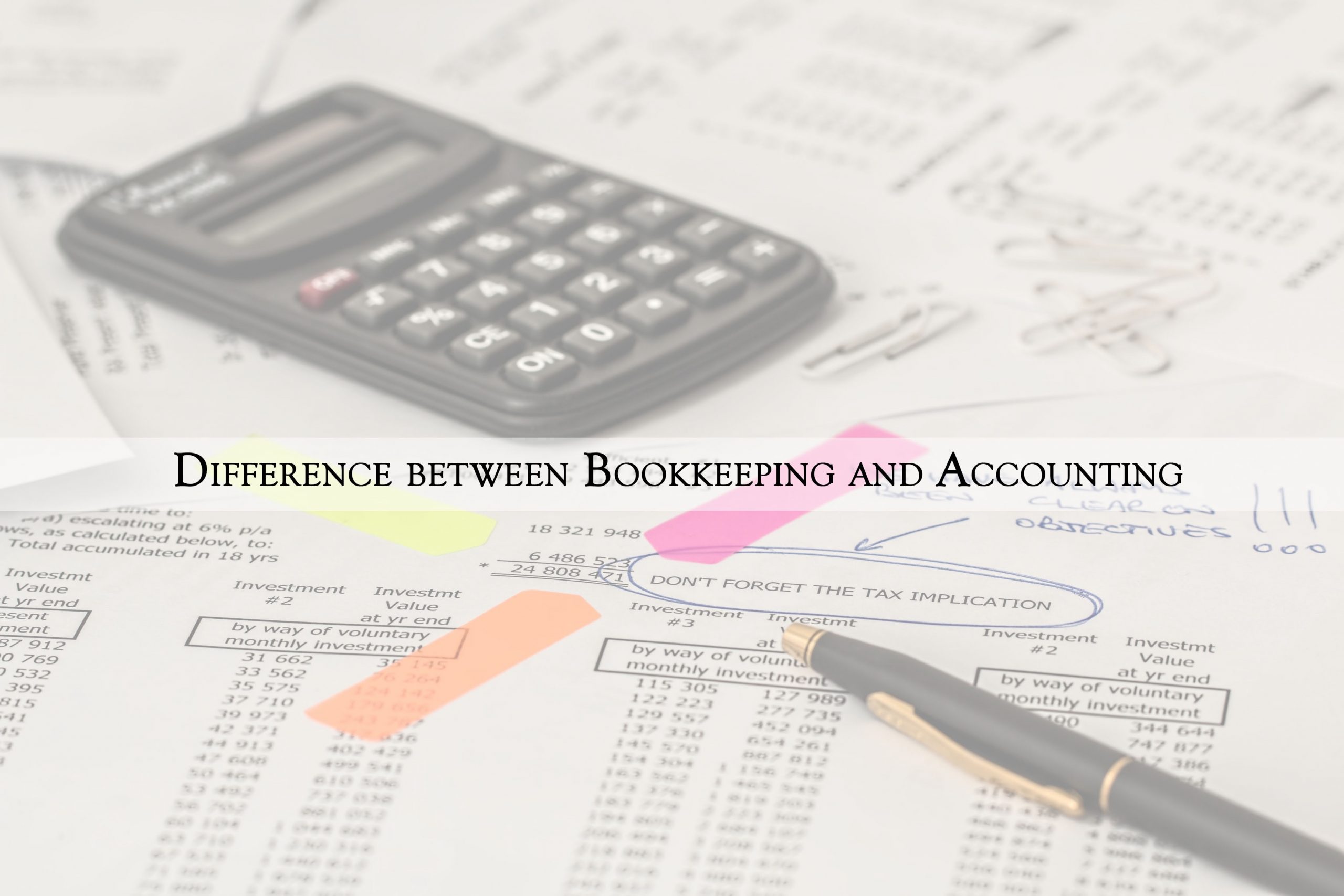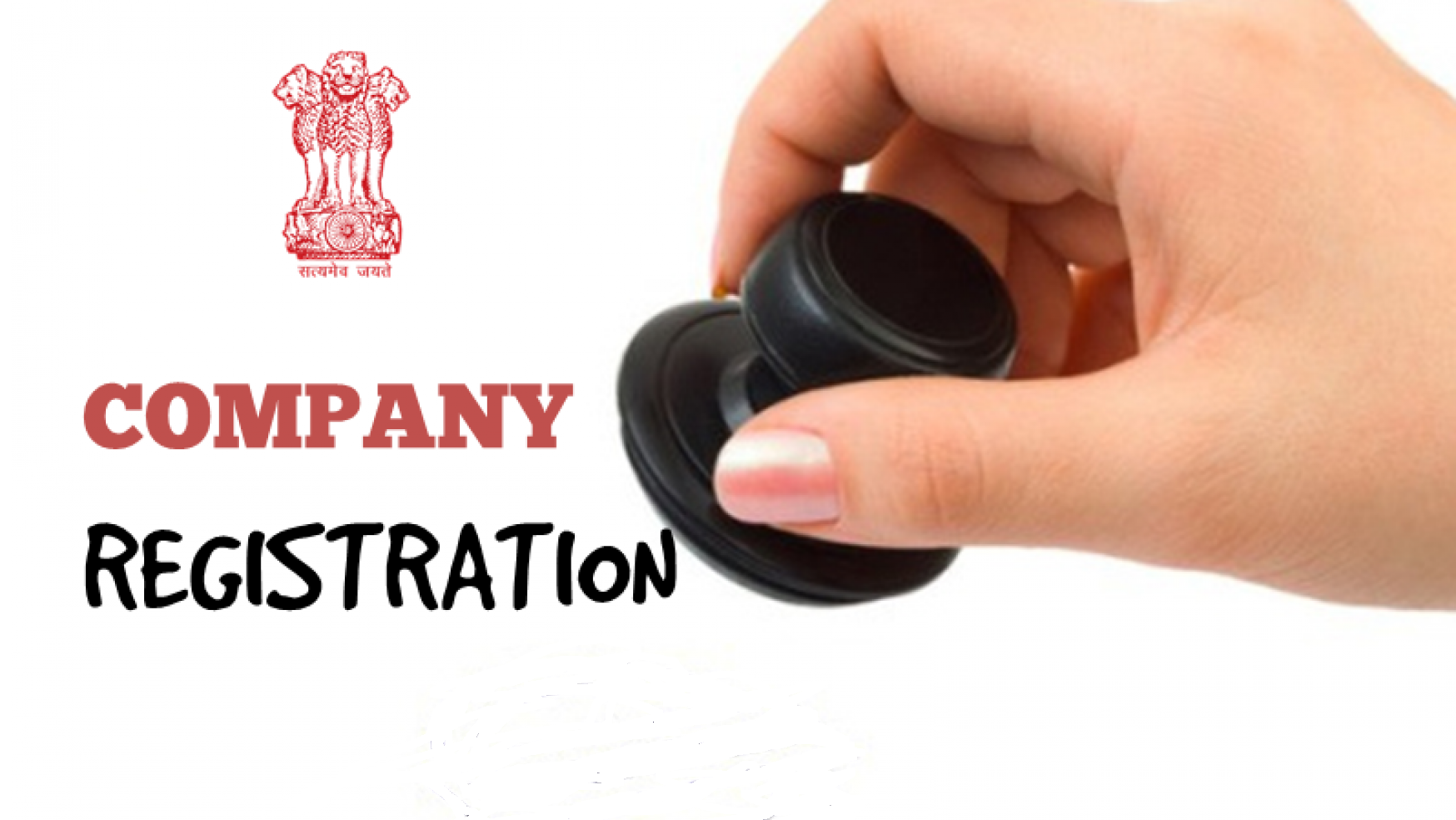Since the launch of the Goods and Services Tax (GST) in India, there have been many questions surrounding various compliances and responsibilities of taxpayers. Today, we would like to draw your attention to Section 59 of the CGST Act, 2017, that requires every registered person to self-assess the taxes payable under the Act. After self-assessment, he must file the returns. The GST department checks the filed documents to examine the returns for compliance verification. Since there is no physical control, every taxpayer has the responsibility of maintaining his accounts and records in a specific manner. In this article, we will talk about all the rules pertaining to the accounts and records under GST.

Accounts and Records under GST
Chapter VII of the CGST Act, 2017, details the rules and regulations around accounts and records under GST. It states that every registered person under the Act must maintain correct and true records and accounts. Also, the taxpayer must ensure that he maintains these accounts and records under GST at his principal place of business. This place needs to be the same as mentioned in the Certificate of Registration.
Maintenance of Accounts and Records under GST
Here are some rules regarding the maintenance of accounts and records under GST:
A. The taxpayer has more than one place of business
There can be cases where more than one place of business is mentioned in the registration certificate. In such cases, each place needs to maintain accounts and records under GST. Further, the taxpayer must ensure that they are in the prescribed electronic form.
B. Correcting erroneous entries
While updating the accounts/records, it is possible that the taxpayer enters a wrong transaction. To correct it, however, he should not simply overwrite or erase the erroneous entry. He must ensure that a log of every edited or deleted entry is maintained before scoring out the wrong entry under attestation and replacing it with the right one.
C. Maintaining records at a place other than the one on the Registration Certificate
If any documents or books of accounts are found at a place other than those mentioned on the registration certificate, then it shall be presumed to be maintained by the said registered person.
D. Maintaining records in an electronic form
The taxpayer is allowed to maintain his books of accounts in an electronic form. However, he must ensure that he uses a digital signature certificate (DSC) to validate all such records. Also, he must preserve the backups of electronic records in a manner that he can retrieve them without delay. Furthermore, he must provide access to the records whenever the law demands.
Who must maintain the accounts and records under GST?
According to Section 35 of the Act, the following people need to maintain the accounts and records under GST:
Owner / Operator of the warehouse or godown
Till such time that the goods are stored in the warehouse/godown, the owner or operator of the warehouse must maintain the accounts. The records should include details about the receipt, movement, disposal, and dispatch of all the stored goods. They must also ensure that they store the goods in a systematic manner.
Transporters
Transporters also need to maintain records about the goods transported, delivered, and stored in transit. Further, they must keep a record of the GSTIN of the consigner and consignee at all their branches.
Additionally, owners, operators, and transporters that are not registered under GST need to provide information regarding their business. They can do this via Form GST ENR-01 on the GST portal. Further, if a transporter is registered in multiple states or union territories with the same PAN, then he must apply for a Common Enrolment Number via for GST ENR-02.
List of accounts and records under GST that a taxpayer must maintain
Here is a list of all the accounts and records under GST that a taxpayer must maintain:
- Accounts of stock of goods
- A separate record of advances paid and received
- All records pertaining to the tax liability of the taxpayer and Input Tax Credit
- Names and addresses of customers, suppliers, and warehouses where he stores the goods
- For manufacturing units, the taxpayer must maintain accounts of month-by-month production
- Detailed records of services supplied to customers
- Detailed accounts pertaining to any works contract
Period for Retention of Accounts and Records under GST
According to Section 36 of the Act, the registered taxpayer must retain all the accounts and records along with all relevant invoices, challans, etc. for a period of 72 months from the due date of furnishing the annual return.
Summing Up
These were some important rules and regulations surrounding accounts and records under GST. It is important to remember that if the accounts and records are not maintained properly, then the proper officer might treat any unaccounted goods or services as the taxpayer’s goods or services and calculate tax liability on them. Ensure that you go through all the rules and maintain the accounts and records accordingly.










